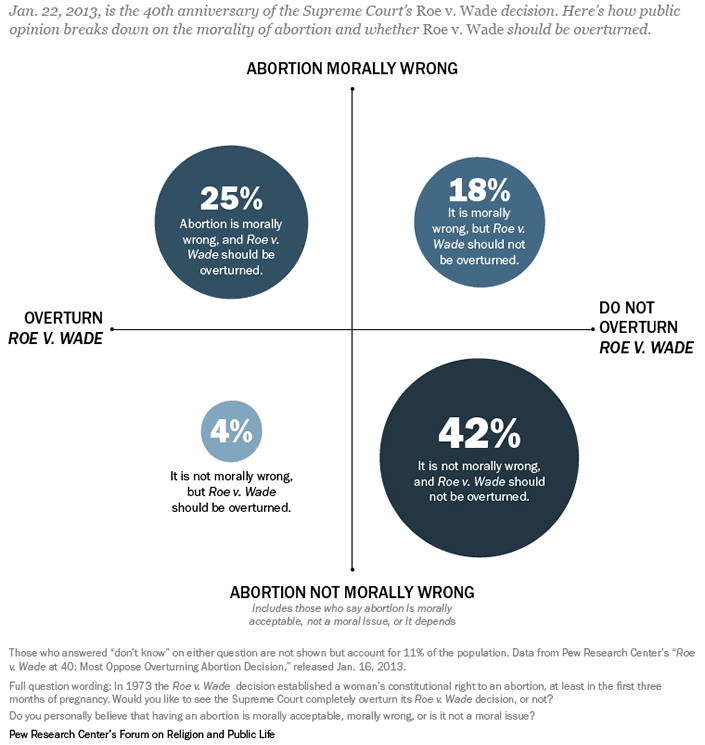Religious ethics often sparks controversy because of the diverse interpretations and beliefs surrounding the teachings of various religions. In this article, we have highlighted 10 of the most contentious issues in religious ethics, ranging from abortion, euthanasia, same-sex marriage, and contraception to animal rights, cloning, stem cell research, and gender equality. These topics have far-reaching implications for individuals, communities, and societies, and engaging in meaningful discussions and debates can help find a balance between upholding religious tenets and promoting social justice and human rights. Understanding the nuances and complexities of religious ethics can foster tolerance, respect, and empathy towards those with different viewpoints and beliefs.
10 Controversial Issues in Religious Ethics
Religious ethics is often identified as a moral code that guides behavior and actions based on the teachings and principles of a particular religion. This code establishes a set of moral values that followers of the religion are expected to adhere to. However, religious ethics often becomes a controversial subject because of varying interpretations and beliefs of different religious groups. In this article, we will discuss 10 of the most controversial issues in religious ethics.
1. Abortion
Abortion is one of the most debated and controversial issues in religious ethics. Many religions condemn abortion as it goes against their teachings of the sanctity of life. However, some religions consider abortion permissible in certain circumstances, such as when the mother’s life is at risk, among others. The debate surrounding abortion often revolves around the fetus’s status, whether it is considered a life or not.
2. Euthanasia
Euthanasia or assisted suicide is another controversial issue in religious ethics. Many religious beliefs consider euthanasia as a form of murder and go against the sanctity of life. However, some religions consider euthanasia permissible in specific situations, such as when a person is suffering from a terminal illness and has no chance of recovery.
3. Same-Sex Marriage
Same-sex marriage has been a divisive issue in religious ethics. Many religions oppose same-sex marriage on the grounds that it goes against the traditional understanding of marriage. However, some religions promote the idea of love and acceptance for all, irrespective of sexual orientation, and support same-sex marriage.
4. Contraception
Contraception is another controversial issue in religious ethics. Many conservative religious beliefs oppose any form of contraceptive use as it goes against the natural purpose of sex – procreation. However, some religions realize the socioeconomic benefits of contraception use and support responsible family planning.
5. Capital Punishment
Capital punishment or the death penalty is another debated topic in religious ethics. Many religions promote forgiveness and the sanctity of life, leading them to oppose capital punishment. However, some religions believe in the principle of deterrence, where capital punishment serves as a severe punishment and helps deter others from committing crimes.
6. Genetically Modified Food
Genetically modified food is another contentious topic in religious ethics. Many religions argue that humans should not play God by altering the genetic makeup of plants and animals. They also raise concerns about the long-term effects of genetically modified food on human health and the environment. However, some religions promote the idea of scientific advancement and support genetically modified food.
7. Cloning
Cloning is another controversial issue in religious ethics. Many religious beliefs consider cloning as an act of playing God and against the natural order of life. They also raise concerns about the ethical implications of cloning, such as the possibility of creating human clones. However, some religions support cloning for medical purposes, such as growing organs for transplantation.
8. Animal Rights
Animal rights is another contentious issue in religious ethics. Many religions argue that animals are part of God’s creation and have intrinsic value, and humans should take care of them. They also condemn animal cruelty and exploitation. However, some religions promote the use of animals for food, clothing, and scientific experimentation.
9. Stem Cell Research
Stem cell research is another controversial issue in religious ethics. Many religious beliefs oppose stem cell research because it involves the destruction of embryos, which they consider a form of murder. However, some religions support stem cell research because of its potential medical benefits.
10. Gender Equality
Gender equality is another contested issue in religious ethics. Many religions promote patriarchy and view men as superior to women. They also promote gender-based roles, with women expected to take care of the home and family. However, some religious beliefs promote gender equality, advocating for women’s education and empowerment.
Conclusion
Religious ethics often becomes a controversial topic because of varying interpretations and beliefs of different religious groups. These controversies often have far-reaching implications for individuals, communities, and societies. It is essential to engage in meaningful discussions and debates on these issues to find a middle ground that upholds the tenets of religious ethics while promoting social justice, equality, and human rights.
